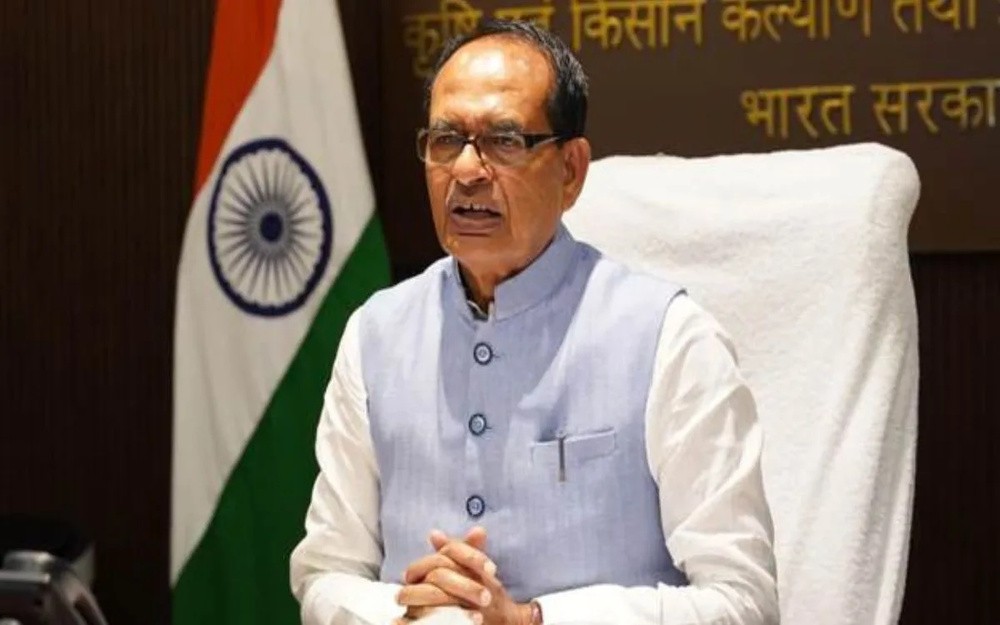
The National Pharmacy Commission (NPC) Bill is now awaiting the nod from the Union ministry of health and family welfare. By setting up a centralized commission, the Bill aims to enhance the quality of pharmacists being trained, while also creating a more accountable and innovation-driven ecosystem. India needs the NPC Bill now more than ever, said Dr Kaushik Devaraju, president, Karnataka Registered Pharmacists Association (KRPA).
The introduction of the NPC Bill will mark a historic step in transforming pharmacy education and practice in India. It will bring in the much-needed modernization, transparency, and uniformity in regulatory frameworks across states. This reform will empower pharmacists to play an active role in public health delivery, ultimately benefiting patients and strengthening our healthcare system, he added.
The Bill, according to Dr Kaushik, is a progressive reform for the future of pharmacy in India. As a pharmacist and representative of the pharmacy community, I welcome this forward-thinking legislation with great optimism and hope for a stronger, more unified pharmaceutical sector in the country, he noted.
Pharmacists play a vital role in the delivery of quality healthcare. However, for far too long, pharmacy education and professional practice have faced challenges such as inconsistent standards, outdated curricula, and limited opportunities for professional growth. The existing Pharmacy Act, 1948, served the sector well in its time, but the evolution of healthcare demands a robust, dynamic, and accountable system. The NPC Bill addresses these concerns comprehensively, Dr Kaushik told Pharmabiz.
A commendable aspect of the Bill is the establishment of a central National Pharmacy Commission, which will be responsible for setting uniform standards for pharmacy education, professional ethics, registration, and continuing professional development. This will replace the current fragmented regulatory structure with a more cohesive and transparent system. By doing so, the Bill aims to ensure that every pharmacist across India is trained and regulated according to the same high standards, ultimately benefiting the health and safety of the public, he noted.
Another major strength of the Bill lies in its focus on evidence-based education, digital transformation, and innovation. The provision for developing a National Pharmacy Register and encouraging competency-based education will help align Indian pharmacy professionals with global best practices. It will also create pathways for skilled Indian pharmacists to gain international recognition and employment opportunities, said Dr Kaushik.
Moreover, the inclusion of independent boards for education, ethics, and assessment will bring checks and balances within the system, ensuring merit-based functioning and minimizing conflicts of interest. It shows a clear intent to build institutional integrity and public trust in the profession, he said.
From a national development perspective, the Bill comes at a crucial time when India is scaling up its pharmaceutical production, exports, and healthcare outreach. A regulated, professionally competent, and ethically sound pharmacy workforce is essential for supporting the vision of ‘Atmanirbhar Bharat’ and achieving universal health coverage, he said.
It is also important to recognize that the new system will provide greater transparency and accountability, especially in the approval of colleges, recognition of degrees, and licensing of professionals. This will protect students from substandard institutions and uplift the overall quality of pharmacy education.
Therefore, the National Pharmacy Commission Bill is not just a legislative change it is a bold step toward the transformation of the pharmacy profession in India. With its emphasis on quality, equity, and innovation, the Bill holds the promise of empowering pharmacists, protecting patients, and strengthening the healthcare system at large, stated Dr Kaushik.
Source: Pharmabiz






